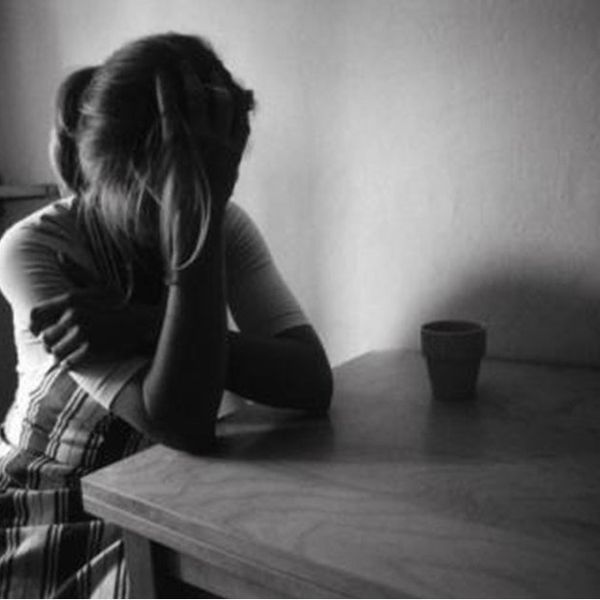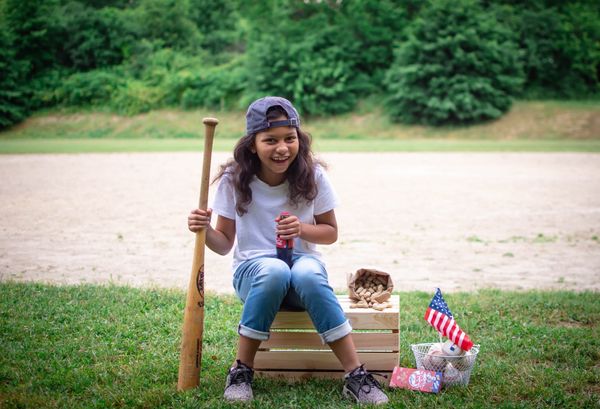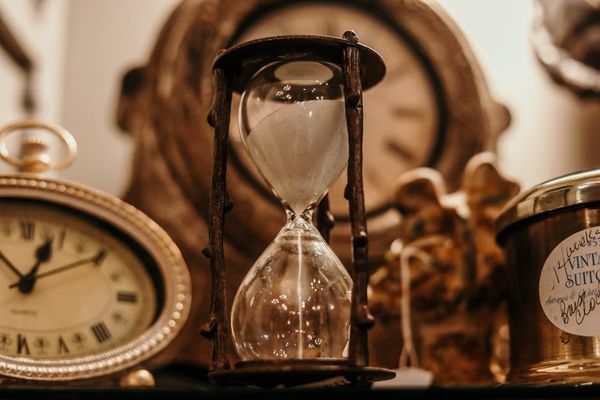It’s not something we talk about. However, approximately 293,000 Americans a year experience it. So why are "rape" and "sexual assault" such taboo words?
There’s a rape epidemic going around in this country, and by not speaking out about it, we’re fueling the problem.
I conducted a survey on Feb. 12, 2016, that was sent to friends of mine, posted on Facebook and put up in four out of six classrooms I am in at Naperville Central High School, in Illinois. According to this survey, 62 percent of people replied that they do not talk about rape and sexual assault often. However, 20 percent had been raped or sexually assaulted, and 60 percent know someone who has been raped or sexually assaulted.
A large factor in silencing the conversations about rape and sexual assault is rape culture.
Rape culture is defined as, “An environment in which rape is prevalent and in which sexual violence against women is normalized and excused in the media and popular culture,” in Marshall University’s article in the Women’s Center section on their website entitled “Rape Culture.”
In 2015, a documentary entitled "The Hunting Ground"was released. This documentary exposes the statistics and stories behind rape and sexual assault on college campuses around America.
One of the issues addressed in the documentary is victim blaming. “There’s a lot of victims blaming with this crime, which has a silencing effect on survivors,” Caroline Heldman said in "The Hunting Ground," directed by Kirby Dick.
The issue of victim blaming is one of the most prevalent issues fueling rape culture. In order to stop the epidemic of rapes and sexual assaults, this society needs to stop blaming the victims and start blaming the assailants.
Another factor in silencing the conversation about rape is school administrators. Colleges in America want to be able to send in a report card that has a low number of reported sexual assaults. Just because their reports say that nothing happened doesn’t mean that nothing actually happened. Colleges have been making the process of reporting a sexual assault increasingly difficult so most victims will give up before they successfully complete the report.
Administrators are also doing all they can to silence the talk of rape and sexual assault around campuses.
“I went to the dean of students’ office and she said, ‘I just want to make sure above all else that you don’t talk to anyone about this. It could be bad for everyone if people started rallying around like having him removed from campus,’” Kamilah Willingham said in "The Hunting Ground."
I interviewed a teenager in the area who asked to be anonymous due to the sensitive topic discussed in this article. She shall be referred to as Holly for the purposes of this article.
When the survey was distributed, she mentioned to me that she was a victim of sexual assault and would be happy to share her story.
Her assault happened approximately five years ago. She was assaulted by her sister’s friend whom she had known fairly well prior to the assault. After the assault, she didn’t go to her family members or the authorities with what had happened.
“I debated telling the authorities, but I never chose to because it was a family friend,” Holly said. “It would’ve turned up a whole escapade of things and I felt, wrong, I guess. She told me not to tell anyone and, if I did, she would do much worse. I was scared.”
According to statistics at the Rape, Abuse & Incest National Network’s website,three out of four assaults are committed by someone known to the victim, and 47 percent of rapists are a friend or acquaintance. This may silence a lot of victims because, like in the case of Holly, they don’t want to cause turmoil within existing relationships.
People today seem to think that rape is a joke they can throw around. People will yell out “rape” in a joking manner often enough where, in a lot of safety seminars, you’re taught to yell out “fire” when being raped or sexually assaulted rather than actually yelling out “rape.”
Rape isn’t a joke, nor is it something that’s talked about. However, if we as a society stand up against rape culture and advocate for the victim rather than the perpetrator, we can end the silence. Speak out and start the conversation.




















